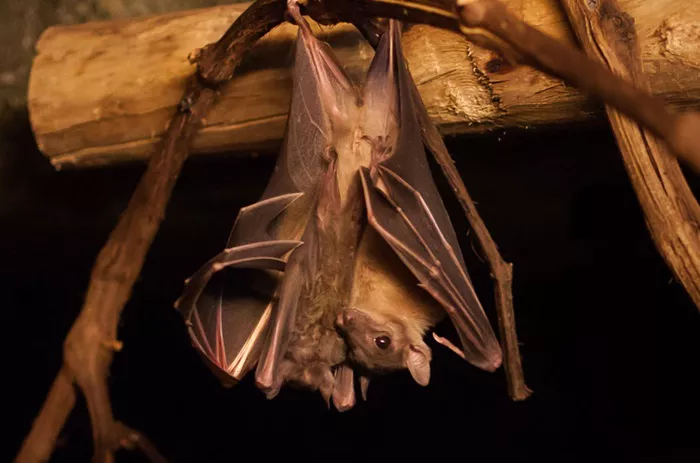Bats have become prominent in the study of emerging zoonotic diseases due to their ability to host a vast array of viruses, some of which cause deadly human diseases. Despite this, bats rarely fall ill, making them unique viral reservoirs. Scientists are exploring what makes bats such viable hosts to inform strategies for preventing viral spillover and mitigating disease.
Bat Adaptations and Viral Tolerance
Bats are exceptional hosts for viruses, living in large colonies that facilitate easy transmission. They can tolerate high viral loads without showing clinical symptoms, a feature linked to their ability to fly. According to Cara Brook, Ph.D., assistant professor at the University of Chicago, bats have unique molecular adaptations that mitigate the physiological stress of flight. These adaptations also dampen the impacts of viral infection, allowing bats to coexist with viruses more effectively.
Bat-Borne Viruses and Human Health
Bats host thousands of viruses, including those that cause human diseases such as Nipah, Marburg, rabies, and SARS-like viruses. While some researchers argue that the perception of bats as major viral reservoirs is biased, Brook’s research suggests that bats harbor particularly virulent viruses with high case fatality rates. This is likely due to bats’ antiviral properties, which select for high-growth viruses that can be pathogenic in non-bat hosts.
Spillover and Human Transmission
Despite their virulence, bat-borne viruses are less likely to establish sustained human transmission compared to viruses from hosts closely related to humans, like primates. The probability of zoonotic spillover is influenced by various factors, including human activities like deforestation and climate change that increase human-wildlife interaction.
Preventing Zoonotic Spillover
Understanding bat-borne viruses is crucial for preventing spillover. Research by Brook and her collaborators in Madagascar has provided insights into how viruses persist in bat populations and how bats respond. They aim to develop vaccines to eradicate henipaviral infections in bats before they can spill over to humans.
Protecting Bats and Human Health
Bats play vital roles in ecosystems, such as pollination and insect control, and they are at risk of severe population decline. Framing bats as dangerous undermines efforts to protect them. By studying bats, scientists can learn how to combat viruses and advance human health in areas like cancer and aging.
Research presented at ASM Microbe 2024 highlights the importance of understanding bat viruses and their implications for preventing zoonotic diseases.
[inline_related_posts title=”You Might Be Interested In” title_align=”left” style=”list” number=”6″ align=”none” ids=”10588,10585,10582″ by=”categories” orderby=”rand” order=”DESC” hide_thumb=”no” thumb_right=”no” views=”no” date=”yes” grid_columns=”2″ post_type=”” tax=””]


































